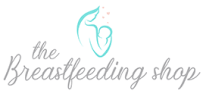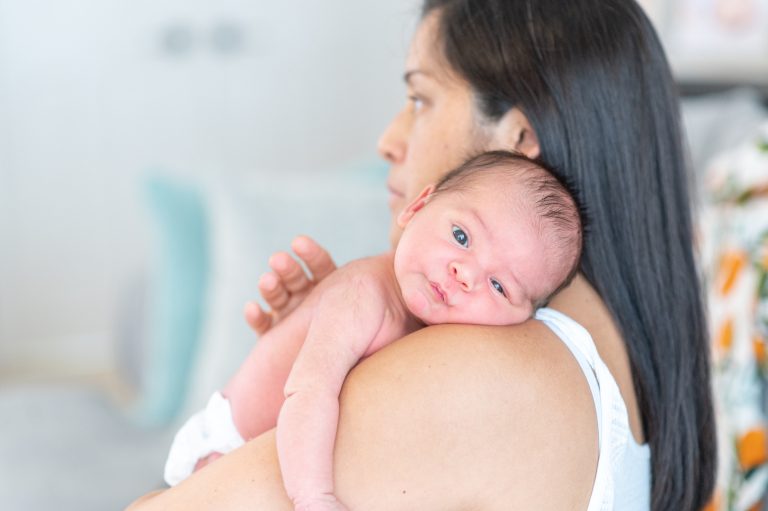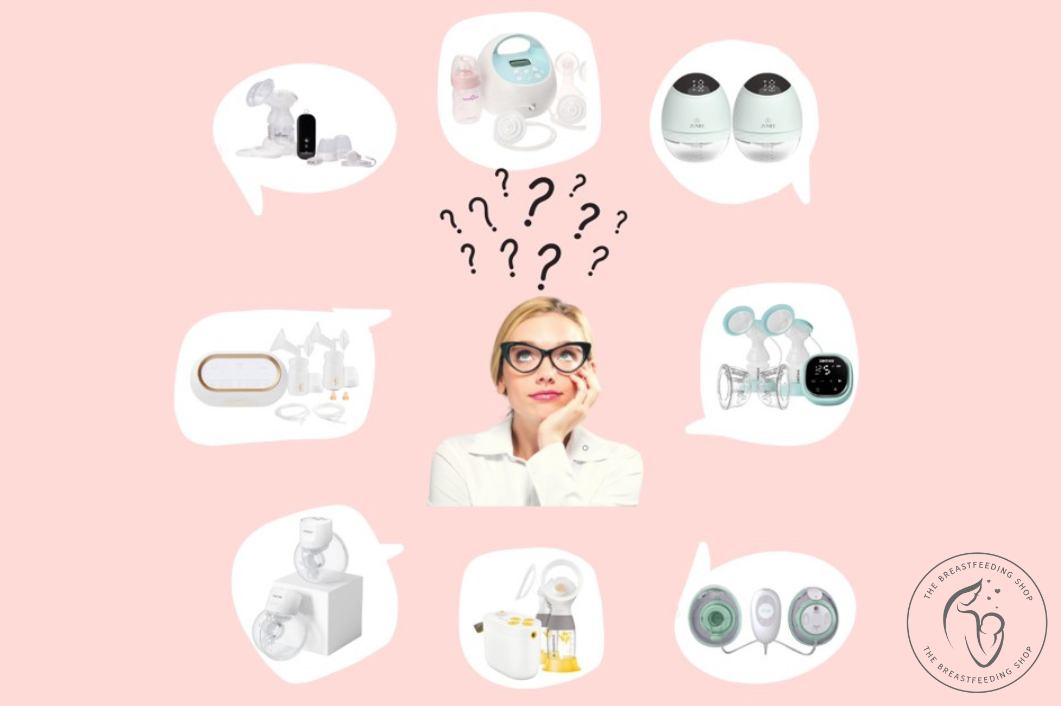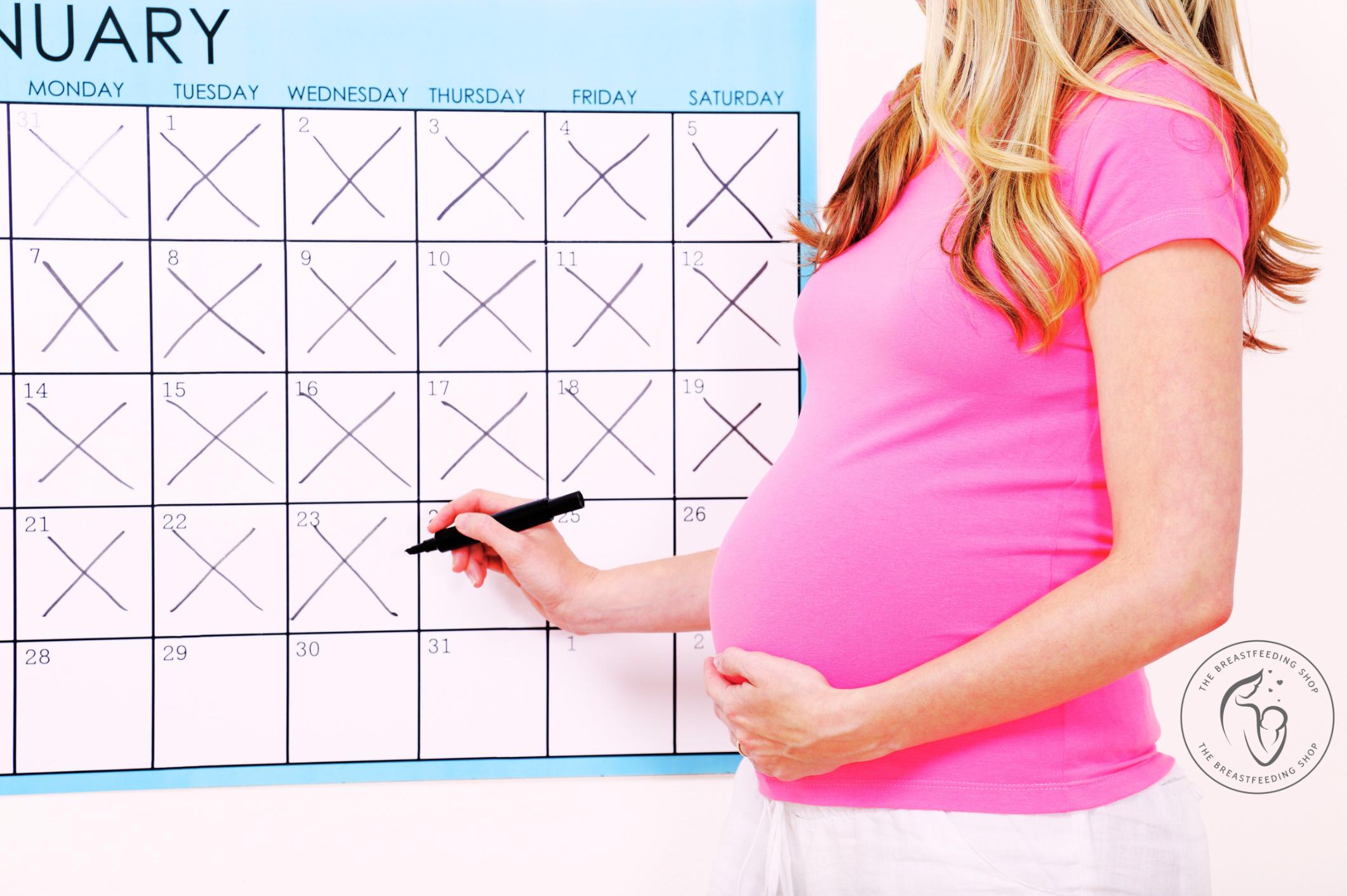Baby Hiccups
Why do babies hiccup? There are a couple of different potential causes, but don’t panic. Baby hiccups are something that most infants experience, especially during their first year. And did you know that babies can even have fetal hiccups in the womb? From time to time during your pregnancy, you may have noticed some quick jerks that followed a rhythm.
In most cases, hiccups usually aren’t anything to worry about. They’ll go away on their own within a few minutes. But you may still be wondering how to stop baby hiccups. So, The Breastfeeding Shop is here to help you with stopping and preventing hiccups in babies and newborns.
What Is a Baby Hiccup?
First, let’s define — what is a hiccup? There are a couple of things happening during your average hiccup. There is an involuntary contraction of the diaphragm, which can happen suddenly. Simultaneously, the larynx contracts and the glottis completely closes, effectively blocking all air intake. You might be thinking, “What is the glottis?” It’s the middle section of the larynx where the vocal cords are actually located.
If you’re concerned with the frequency of your newborn hiccups, start keeping track of them. You can keep a diary or journal, documenting exactly when the newborn hiccuping happens. Also, keep track of what happens before the hiccups come out. This may give you an idea of what’s causing your baby’s hiccuping.
Stopping Baby Hiccups after Feeding
Sometimes it seems like baby hiccuping starts for no reason. But it’s very common for babies to get those annoying hiccups because of feeding. You may have noticed them coming up immediately after you do a baby feeding. But don’t panic if you’re experiencing hiccups from a newborn after breastfeeding. If you found your way to this hiccup post, you may be wondering, “How can I stop baby hiccups?” Here are some tips that help in preventing hiccups in babies:
- Schedule Change Up – Since overfeeding can be a common cause of hiccups, you can change up the feeding schedule. If your baby consumes less during more feeding sessions, you can increase and maybe even double the number of sessions.
- Burp the Baby More Often – Burping your baby more frequently will also assist with preventing hiccups. Whether you’re direct feeding, breastfeeding, or bottle-feeding — slow down the process. Take a few more pauses to burp the baby.
- Effective Latching – Too much milk can cause infant hiccups. But so can too much air. When too much milk and air get in the mix, it causes the stomach to expand into the diaphragm’s area and create hiccups. So, make sure that the baby is latched on correctly. The baby’s lips should have a tight seal.
- Angle the Bottle – When you’re bottle-feeding, make sure to tilt the bottle to a 40-45 degree angle. This way, the air stays down at the bottom of the bottle. Also, some baby bottles trap more air than others. So, you may want to try another baby bottle brand or style. We know some moms who swear by the collapsible bottle bags!
- Give Your Baby a Pacifier – Sometimes sucking on a pacifier helps settle the diaphragm and stops baby hiccups. Additionally, rubbing the baby’s back can help him or her relax.
- Positioning – Keep your baby upright for about 10-15 minutes after the feeding session. This will help release any pressure from the diaphragm, allowing air to rise up to the top of the stomach. This can make for better burping.
More Persistent Hiccups
If you think your baby might have a more serious underlying issue, please get in contact with your physician. When persistent hiccups are combined with regurgitation and/or signs of baby stomach pain, it may mean reflux. You’ll want to consult your pediatrician.
We hope this post is helpful for you. Here is an article about the causes of baby spit-up.




